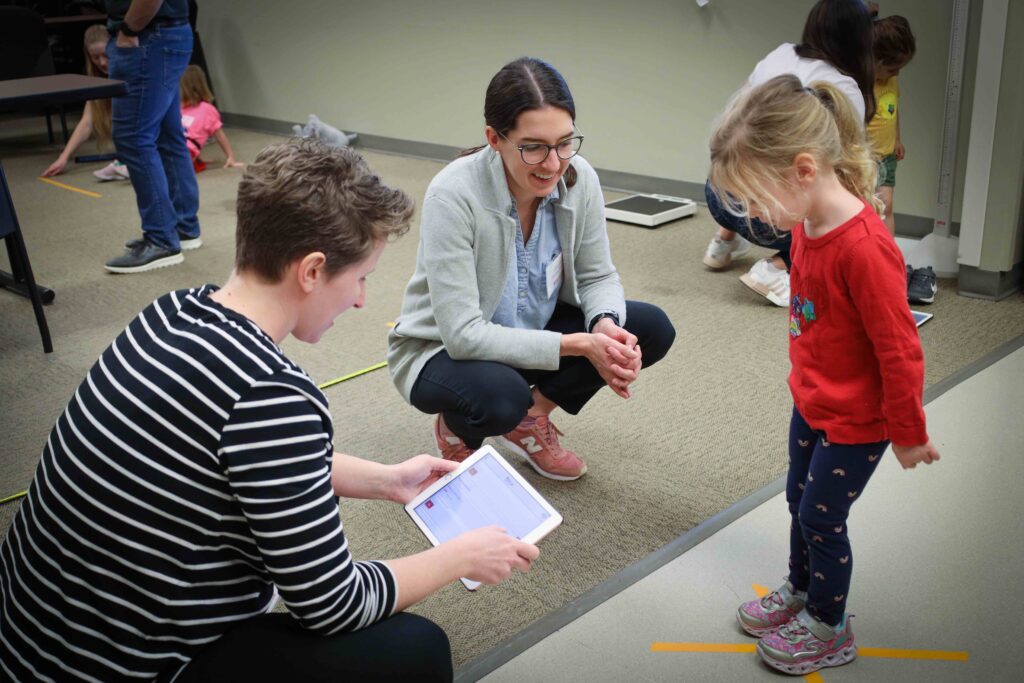Obesity drives many serious health conditions in children
Sponsored by Pennington Biomedical Research Center
With one in five children in the U.S. living with obesity, and Louisiana’s childhood obesity rate among the highest in the nation, the need for the Pediatric Research Program at Pennington Biomedical Research Center couldn’t be clearer.
The program focuses on understanding, preventing and treating obesity and diabetes in children through clinical research, community outreach and education.
“This work helps us understand obesity as a disease that often leads to serious health problems once seen only in adults” says Dr. Stewart Gordon, a pediatrician at Pennington Biomedical.


When he started his career in pediatrics in the 1990s, most of his patients presented straightforward symptoms like ear infections and tonsillitis. Now pediatricians see children and adolescents with more complicated conditions: obesity, hypertension, heart disease, diabetes, high cholesterol, asthma and sleep apnea.
“Unfortunately, we have about 40 percent of kids living with obesity. And in Louisiana, that adds up to about $92 million in cost to the state that could drastically be reduced if we would learn from the science and apply it to public policy and daily life,” he says.
Dr. Stephanie Waldrop, a recent addition to the pediatric research faculty, says the goal of getting the science into the mainstream is part of what drew her to Pennington Biomedical. She said Pennington Biomedical’s reputation as the recognized research leader in the field of obesity and its related conditions was a major reason she moved to Baton Rouge from Colorado.
“Pennington Biomedical is involved in cutting edge research, targeting obesity and its related comorbidities, not just in adults, but in the pediatric patient population, as well,” she says.
Pennington Biomedical’s pediatric programs support all ages, from pregnant mothers and babies to preteens and teens, focusing on nutrition, exercise and body composition. It also houses the world’s only working infant metabolic chamber, which measures how many calories babies burn.
Both Dr. Gordon and Dr. Waldrop are also participating in several pharmaceutical trials to determine the safe and appropriate used of medications to curb the prevalence of obesity in the pediatric community.
“The benefit of our approach at Pennington Biomedical is that, through these studies, we’re also offering access to healthy lifestyle education, nutritional counseling, physical activity recommendations and the medication that is strictly studied and monitored. We’re also in regular communication with the child’s primary care provider, as need be,” Gordon says.
“We’re seeing promising preliminary results with our pharmaceutical studies and hope the lifestyle changes become habit and are additive to the medication working well. Just like when you have high blood pressure, there are other things you can do to help the medication work better. Obesity treatment is likely going to be similar. We’re studying this to find the answer.”
For more information about the Pediatric Research Program, visit pbrc.edu/pediatrics.






